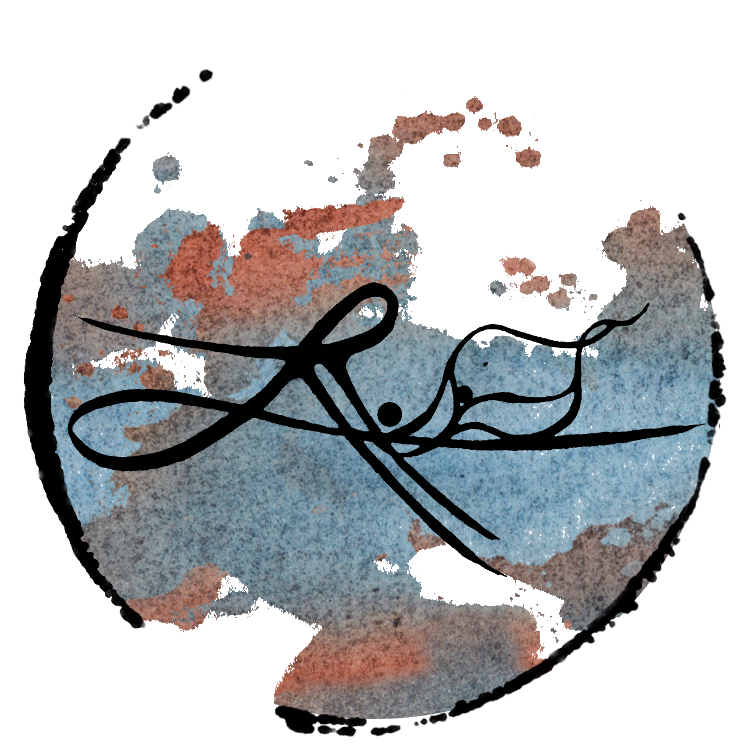Where does our anthropocentrism come from? Some scientists cite evolutionary pressures as one possible influence among many. But others point to instinctual cognitive processes to explain just the opposite, suggesting that the anthropocentric worldview is actually a rejection of the human instinct, not its inevitable consequence. Even if anthropocentrism isn't instinctual, for many of us it is deeply ingrained. To a man with a shovel, it can be hard to imagine any other solution but to keep digging our way out of this anthropocentric hole we find ourselves stuck in. Western society has spent a long time convincing us that the shovel is the only effective tool we have. Are there alternatives? How do we learn to think beyond the biases of anthropocentrism and reconnect with the more-than-human world?
Tag: ethics
Defining Anthropocentrism
What is anthropocentrism? Turns out, there is no single, simple answer to this question. (Just among the nearly fifty books on environmental ethics and deep ecology that I have, only one actually offers a definition of the term, despite almost all of them referring to it in their discussions. As with many words, its meaning often has to be teased out and inferred from context.) In my earlier post I hinted at the beginnings of a definition when I referred to an approach to ritual that "takes for granted a worldview in which humans are the only measure of what is real." The question of how our idea of "the real" and our practical responses to it (for instance, through ritual activity) influence our underlying values and where we locate (or create) meaning is a complex conversation in its own right, and it is in this particular theological meadow that I'll do much of my lingering and bee-gazing in the following posts. But for now, it's probably more helpful to sketch out a basic definition, one we can use as a kind of measure against which we can hold up more complex, fidgety ideas later in the conversation...
The Goddess, the Broom and the Barred Owl, Part 1
As an animist, my relationship with the gods is rooted in my relationship with the land and its many beings. Yet so many of my gods are in exile from the lands of their origins. What does it mean for an American living in the Pacific Northwest to worship deities of Ireland and Wales? In part, it means that many of my gods are — like myself — pilgrims and strangers in a new world, still finding their feet and learning what it means to move in this new land with grace and respect. Their lessons today are often lessons of ambivalence, dislocation and longing. For me, no goddess has been more insistent in her teaching than the flower-faced maiden, Blodeuwedd. Who is Blodeuwedd? She is a goddess of dangerous innocence, an innocence so pure that it threatens to undo our easy assumptions about the world and our place within it.



